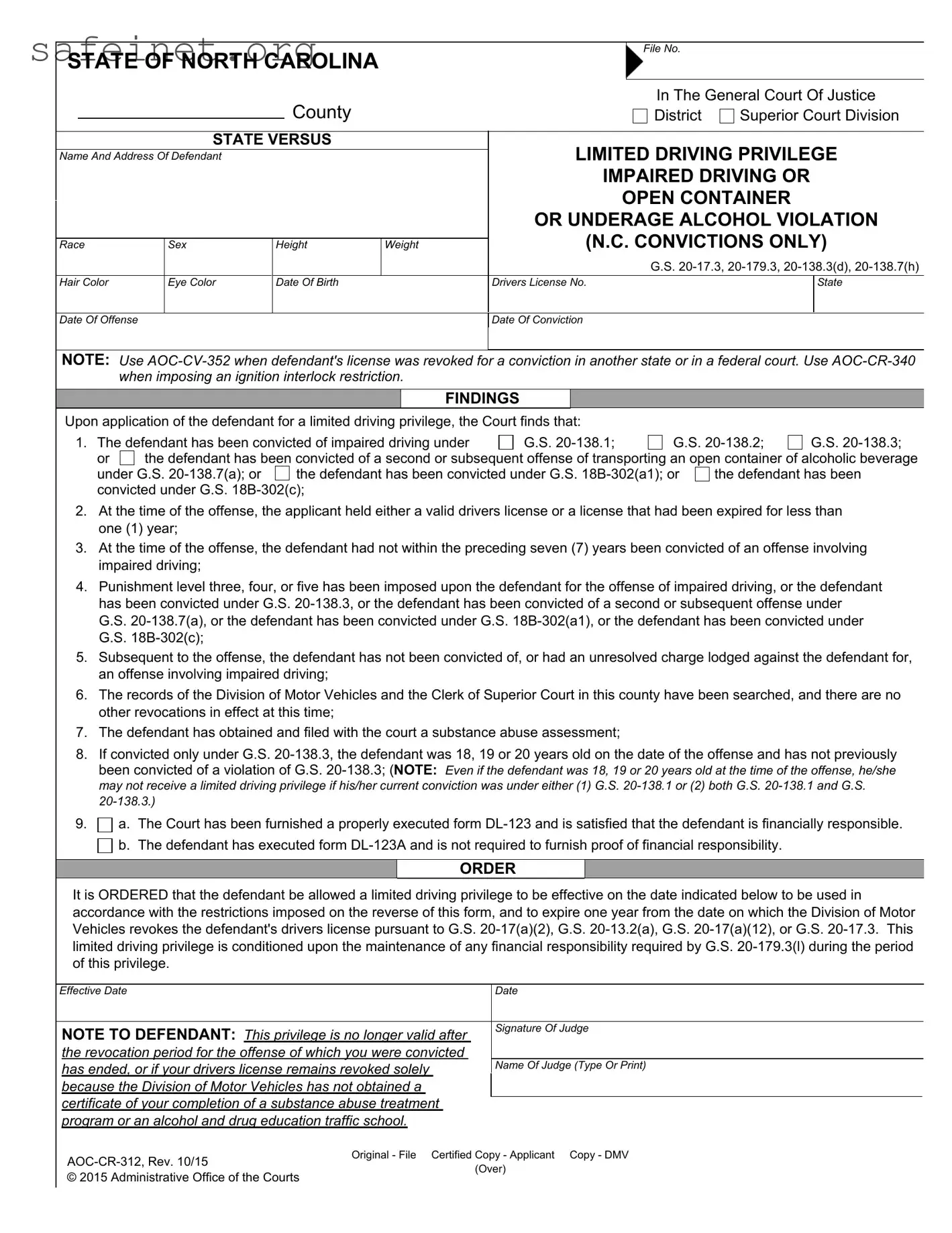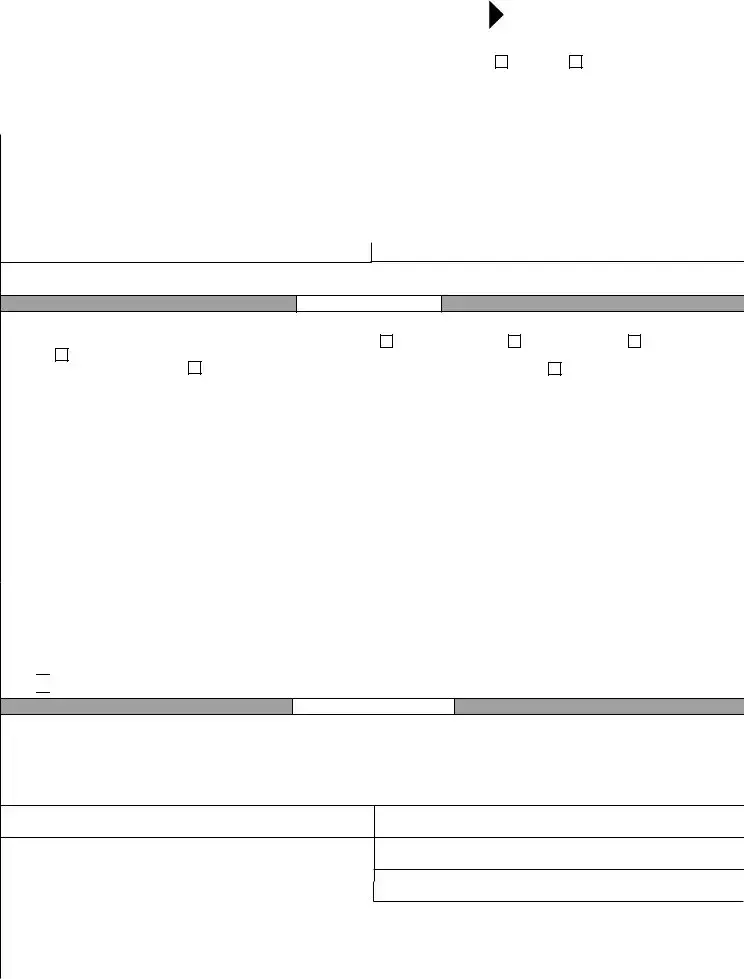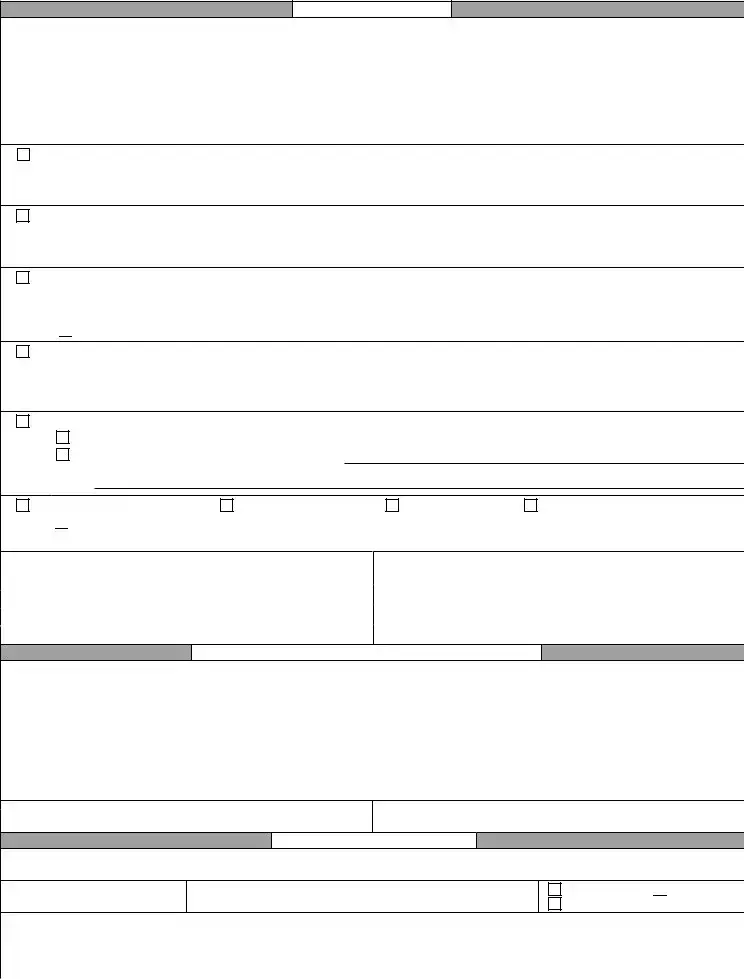What is the Driving Privileges Letter in North Carolina?
The Driving Privileges Letter, also known as limited driving privilege, allows certain individuals in North Carolina to drive under specific conditions despite having their driver's license revoked due to impaired driving or other alcohol-related offenses. This document outlines the limitations and requirements the individual must adhere to while driving legally during their revocation period.
Who is eligible for a limited driving privilege?
To qualify, a person must have been convicted of a specified impairment-related offense in North Carolina. They must have held a valid or recently expired driver's license at the time of the offense, and they shouldn't have prior impaired driving convictions within the past seven years. Additionally, the court requires a substance abuse assessment to be submitted alongside the application.
What restrictions come with a limited driving privilege?
The limited driving privilege imposes several restrictions. A person cannot drive while under the influence of alcohol or any controlled substances unless they're legally prescribed. The individual can only drive during specific hours, typically for work, religious purposes, or educational commitments. Driving is allowed for medical emergencies at any time, but commercial vehicle operation is prohibited.
How long does the limited driving privilege last?
The limited driving privilege typically lasts one year from the date the Division of Motor Vehicles revokes the driver's license, provided all conditions are met. It's essential to understand that if the underlying reason for the license revocation remains unresolved, the privilege may be revoked as well.
What should a defendant do if they violate the restrictions?
If a person violates any restrictions associated with their limited driving privilege, they can face serious repercussions. This could include additional charges for driving while license revoked and may affect their probation status if applicable. It's crucial to comply strictly with all guidelines established in the Driving Privileges Letter.
Can a limited driving privilege be extended or renewed?
The limited driving privilege is not automatically extendable. If circumstances arise that require an extension, a new application will typically need to be submitted to the court, demonstrating compliance with all prior restrictions and maintaining the appropriate legal conditions.
Are there any financial responsibilities associated with the limited driving privilege?
Yes, maintaining financial responsibility is a condition of the limited driving privilege. Individuals may need to provide proof of insurance or other financial documentation, ensuring they are financially responsible while driving under this privilege.
What should someone do if they have questions about their specific situation?
If there are any uncertainties regarding a limited driving privilege, it's advisable to consult with a legal professional or contact the court for guidance. Understanding the full implications of these privileges and adhering closely to the terms is crucial for compliance and future driving opportunities.


 a. The Court has been furnished a properly executed form
a. The Court has been furnished a properly executed form  b. The defendant has executed form
b. The defendant has executed form 

 The driver is self employed and the required documentation for
The driver is self employed and the required documentation for  Other:
Other: Clerk Of Superior Court
Clerk Of Superior Court